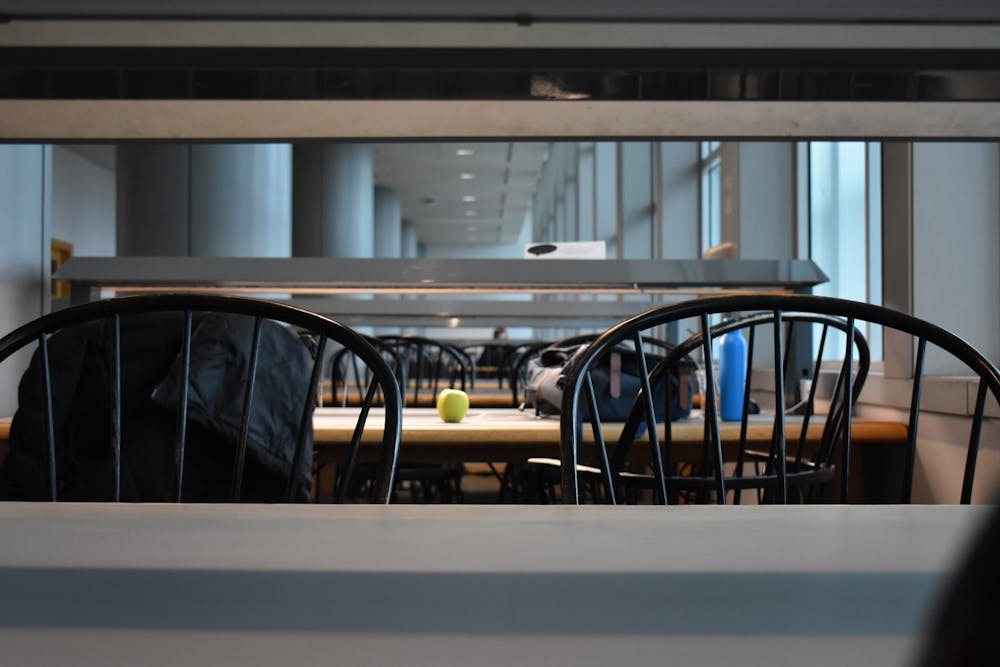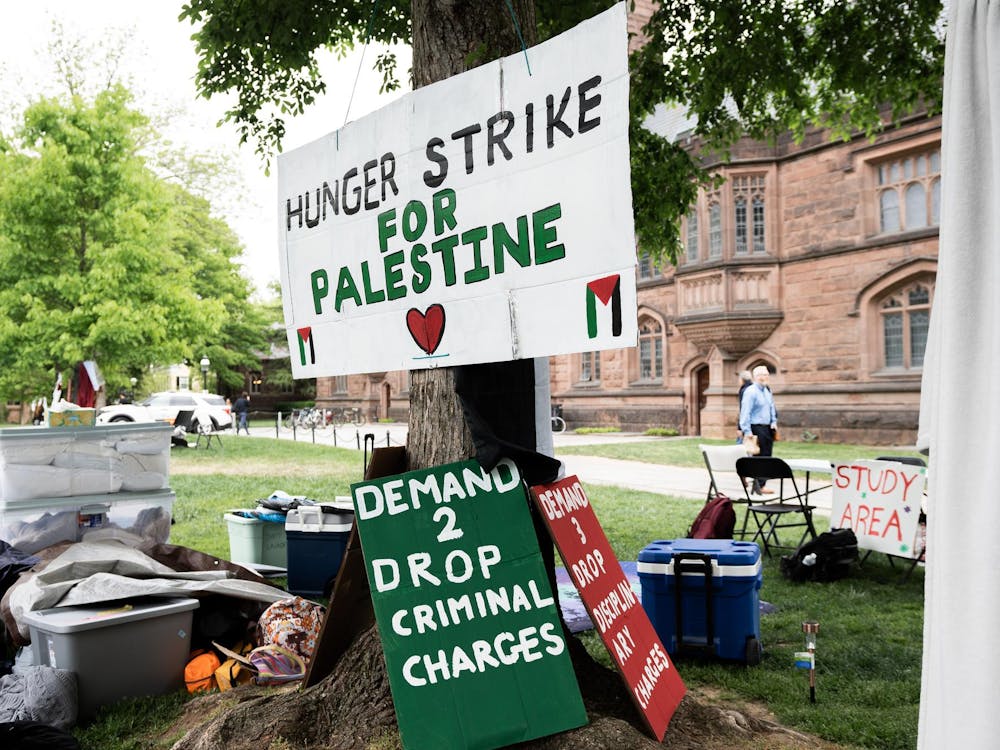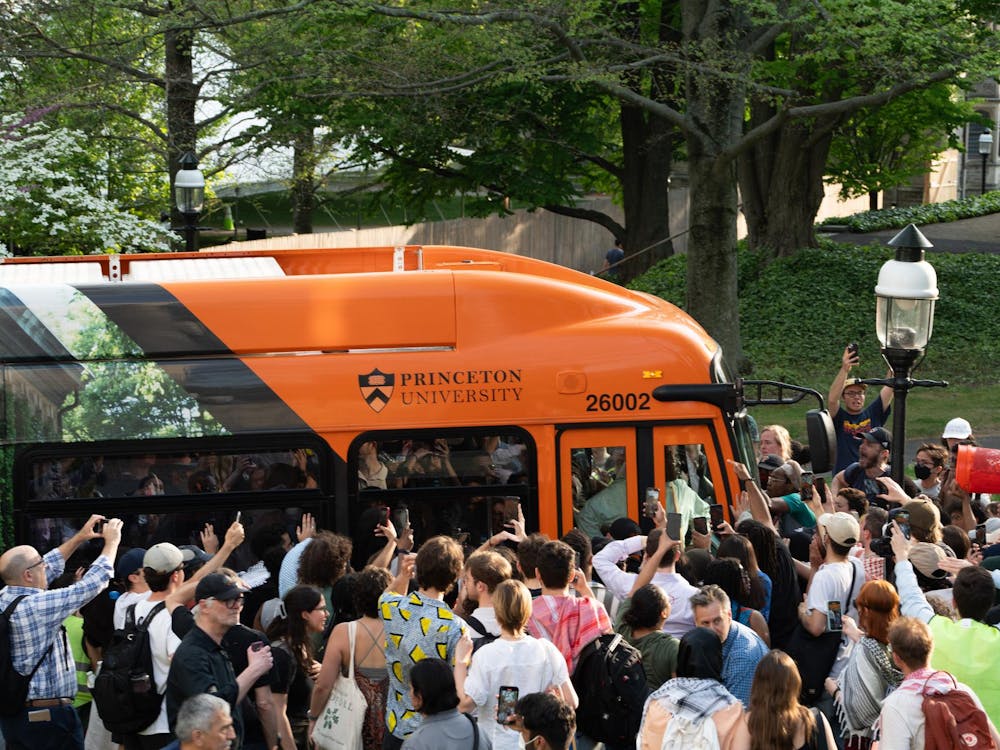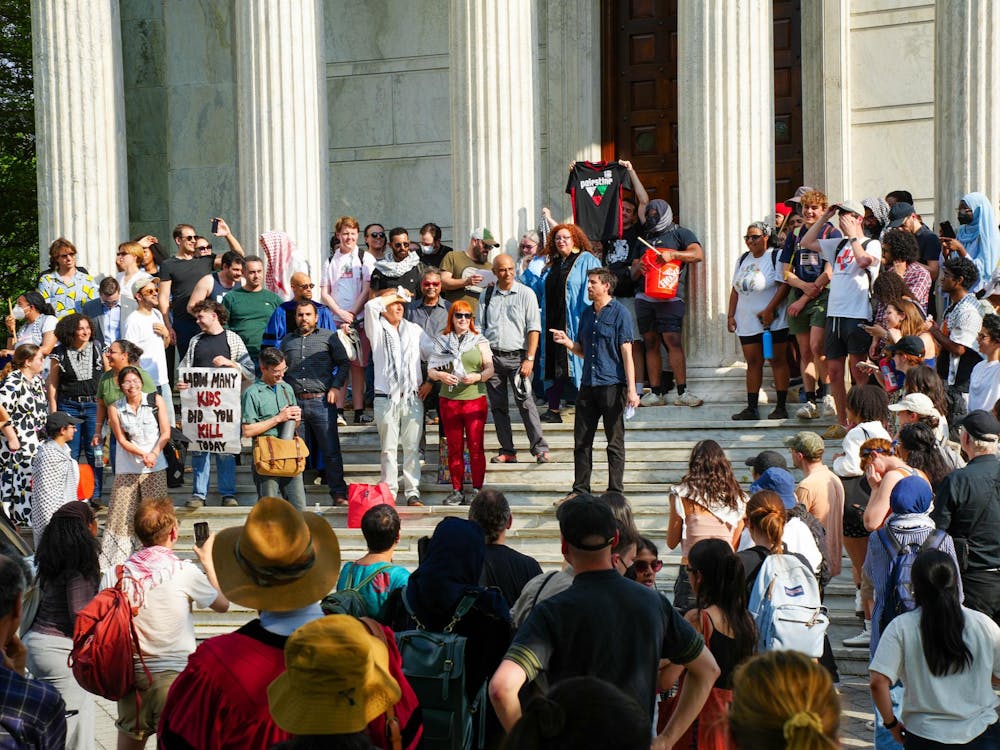It often feels that to be a good Princeton student is to be a 24/7 productivity machine. Whether it comes from our own attitudes, expectations from the University, or conversations with peers, we feel our identities as students, specifically maximally productive students, are the only identities that matter. If every moment of our day isn’t allocated towards something perceived as productive, that means we’re wasting time that could be better spent. We dehumanize ourselves in the service of humanity.
This idea shapes the way we think about time spent on academic versus non-academic activities, as well as our time spent outside the classroom. In both cases, it is important to find balance in how we spend our time. That balance will look different for each individual.
Let’s start with academic versus non-academic time. The University creates much of the pressure to feel as if we must constantly be at work. Weekly emails from the McGraw Center hammer into us that everything we do must be geared towards productivity. During the pandemic, the administration cut down our mid-semester breaks. Even with the return of fall break this semester, many students had assignments due right afterwards, all but negating the break. The University was reluctant to change grading standards or grant more understanding extension policies during the pandemic as well. Even as the world is ending, academics and rigor must come first — despite the mental and physical cost to students.
Within this context, it’s easy to understand why students put pressure on themselves and their peers to always be working. In many ways we’ve internalized this mentality. When an extension would ease stress and allow us to submit our best work, we try to rationalize abiding by the original deadline. We tell ourselves it’s our own fault for not starting earlier or not having the stamina to pull an all-nighter and get it done. We think we need a “legitimate” excuse to ask for an extra day or two and often don’t think of our own mental or physical health as a concern until it reaches a critical point.
This internalized pressure then affects how we see our peers, leading to a culture of workaholism where all of us feel we need to work to our limits because that’s what everyone else is doing. It’s not uncommon to hear students boast about how little sleep they got or the hours they spent locked in Firestone. Conversations like these reinforce the pressure we feel.
This combination of institutional and peer pressure to view academic productivity as paramount harms us all and has only intensified during the pandemic. But the reality is we are more than our roles as students. We need time away from academics, not just because it means we can do better work when the time comes, but because we need the space to enjoy other passions and do what brings us joy.
Even when we are graciously permitted time to ourselves by an otherwise unforgiving academic environment, we can never truly afford to think of ourselves as “off the clock,” or if we can, we will pay for it in how we are judged rather than in actual material consequences. In America, at least, you are seldom paid or even encouraged to take a break; if someone is extracting your labor, how does your leisure benefit them? Sure, you could argue that your well-being is important so you can at least keep working, but if you crack under the pressure and have to be replaced, you failed them, not the other way around.
This, of course, has consequences for how we allocate our time, even when we take it for ourselves. Are we spending our time building ourselves in some way, helping us to become more marketable, more productive, more competent in a measurable and respectable regard? Even if we are, does it seem that way to others, or will we have to justify our time spent? Or are we not doing this at all, but are still incentivized to make it appear as though we are?
We Princeton students are no different than anyone else in our society for being forced to agonizingly consider these questions and contradictions. The difference is that the more elite your university is, the better you are expected to be at it, as an undergraduate and beyond. But this has nothing to do with our actual value as people. Rather, it concerns how much we can convince others, and more despairingly ourselves, that we are worth the time and space we are taking up, according to the fickle, variable, and inconsistent standards of a productivity-obsessed rat race.
If we can rationalize our way into our own and others’ good graces, we are on top of the world, treated as exceptional and praiseworthy. But one false step later, we are barely hanging by a thread, soon to be buried under an avalanche of missed opportunities, a landslide of guilt, shame, and unworthiness that threatens to quash the potential we were told we had for all of our lives. This, we are sorry to report, is what our all or nothing productivity culture has to offer. But we can, if we really want to, build something better.
Julia Chaffers is a senior history concentrator from Wellesley, Mass. She can be reached at chaffers@princeton.edu.
Braden Flax is a senior from Merrick, N.Y. He can be reached at bflax@princeton.edu.










